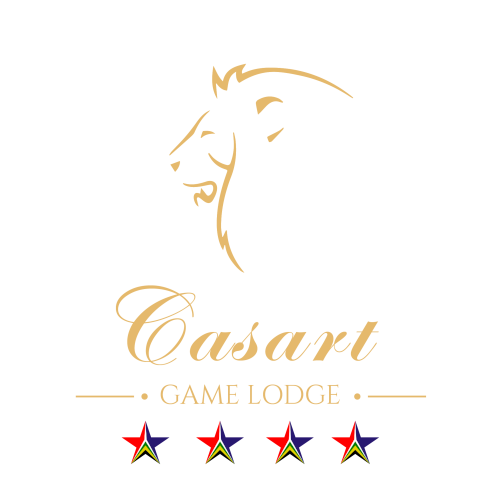South Africa is a diverse country with a rich linguistic landscape. There are 12 official languages recognized in the country. These languages are:
Afrikaans
Afrikaans is the 3rd most widely spoken language in South Africa and is spoken by 13.5% of the population. The origin of the language is 17th-century Dutch with influences from English, Malay, German, Portuguese, French and a number of African languages. Previously known as Cape Dutch, Afrikaans was mainly spoken by people in the Cape. Most African speakers live in the Western and Northern Cape provinces. The language is also spoken in Gauteng, especially in the cities of Pretoria and Johannesburg.
English
English has had a lot of influence on the South African language, and conversely, the languages of South Africa have had a lot of influence on the English spoken here. English is most commonly spoken in business, by government and commercial organisations.
English is spoken as the main language by over 5 million people. The Asian population in South Africa mainly speaks English in addition to their mother tongue.
isiNdebele
The language of the Ndebele people is one of the four Nguni languages. The Ndbele are descended from the Nguni tribe from KwaZulu-Natal. This language is spoken by only 2% of the population – mainly in Mpumalanga. A third of the speakers of this language live in Gauteng province.
isiXhosa
A Bantu language spoken by the Xhosa people, predominantly in the Eastern Cape. This is South Africa’s second most widely spoken language! As many as 16% (about 8 million people) speak isiXhosa. Most speakers live in the Eastern Cape and a smaller proportion in the Western Cape province. isiXhosa is also one of the Nguni languages.
isiZulu
This is the most widely spoken language in South Africa. Some 23% of the population (about 11.6 million people) express themselves in this language on a daily basis. It is the language of the largest ethnic group in South Africa: the Zulu. Also, isiZulu is one of the 4 Nguni languages. The vast majority (78%) of its speakers live in KwaZulu-Natal.
Sesotho (Southern Sotho)
Sesotho is another of South Africa’s 3 Sotho languages spoken by 7.6% of the population or about 3.8 million people. It is the language of the Free State province bordering the kingdom of Lesotho (a country completely surrounded by South Africa). Sesotho is one of the first African languages that was written.
The first work of Sesotho literature was by Thomas Mofolo: his classic novel Chaka. It was finished in 1910, but was not published until 1925.
Setswana (Tswana)
A Bantu language spoken by the Tswana people, mainly in the North West province.
siSwati (Swazi)
A Bantu language spoken by the Swazi people, primarily in Swaziland and parts of Mpumalanga.
Tshivenda
Tshivenda is the language of the Venda tribe. This tribe is culturally the closest of all South African groups to the people of Zimbabwe. Again, one of the least spoken languages (only 2.4% speak it). This amounts to just over 1.2 million people. This language is mainly heard in the provinces of Limpopo and Gauteng.
Xitsonga (Tsonga)
The Tsonga were one of the last groups to settle in South Africa. They settled in the Limpopo River Valley. The Tsonga language is spoken by 4.5% of the national population (about 2.3 million people). Its speakers are found mainly in the provinces of Limpopo, Gauteng and Mpumalanga.
Sesotho sa Leboa or North Sotho
Sesotho sa Leboa or North Sotho is the 4th most widely spoken language in South Africa, spoken by 9.1% (about 4.6 million people) of the population. It is one of South Africa’s 3 Sotho languages. Sesotho sa Leboa is the language of Limpopo where more than half the population speaks it. Within this language, you will again find countless dialects. Sesotho sa Leboa is also sometimes incorrectly called Sepedi. Not surprisingly, because it is even wrongly mentioned in the Constitution! In fact, Sepedi is only 1 of the 30 dialects of Sesotho sa Leboa.
Sign language
Recently (2023) they added this language as an official language.
The multilingualism in South Africa is a reflection of its diverse cultural heritage, and the recognition of multiple official languages is an attempt to promote linguistic and cultural diversity in the country.
We too are multilingual at Casart Game Lodge. We speak English, Shonga, Zulu and Shona, French, Dutch , Afrikaans and a little German, so that our clients can feel at home.
Experience a safari in style at Casart Game Lodge!



